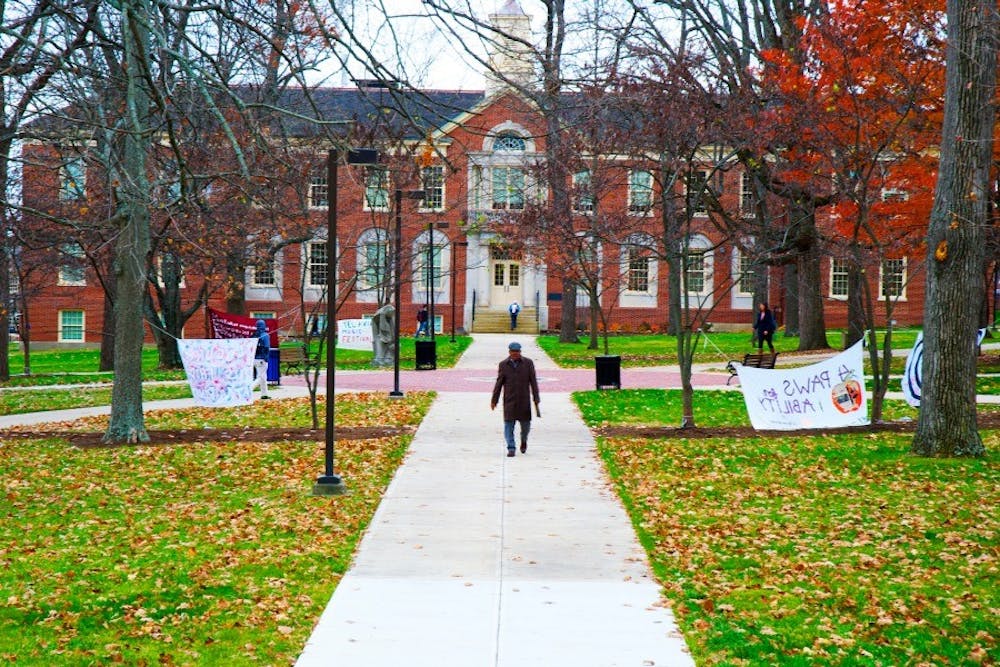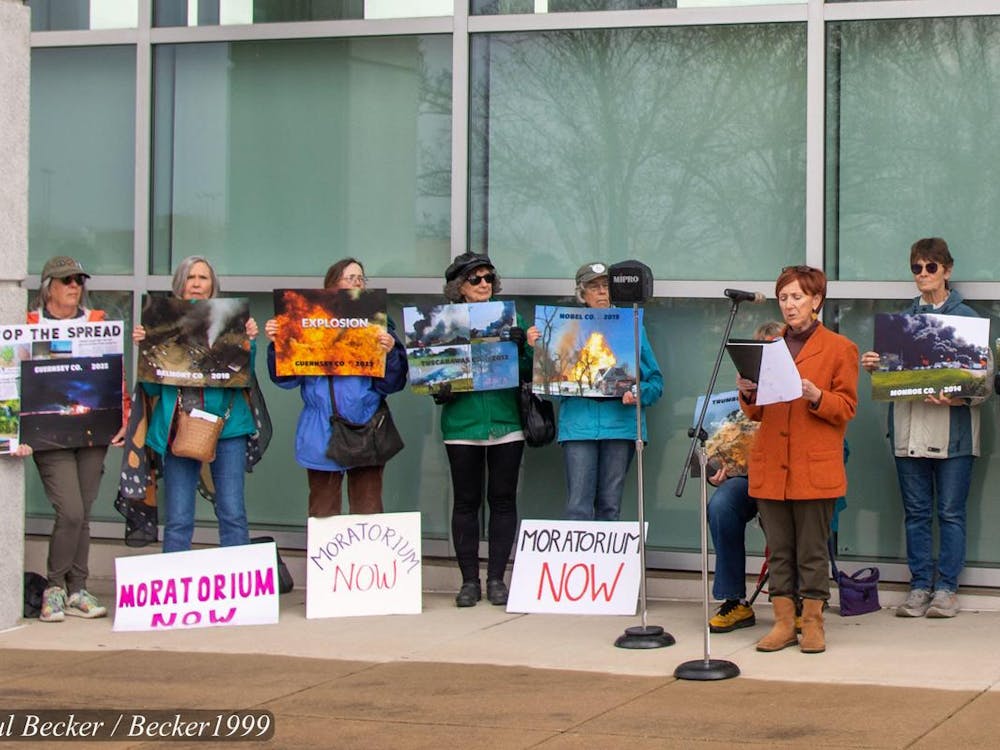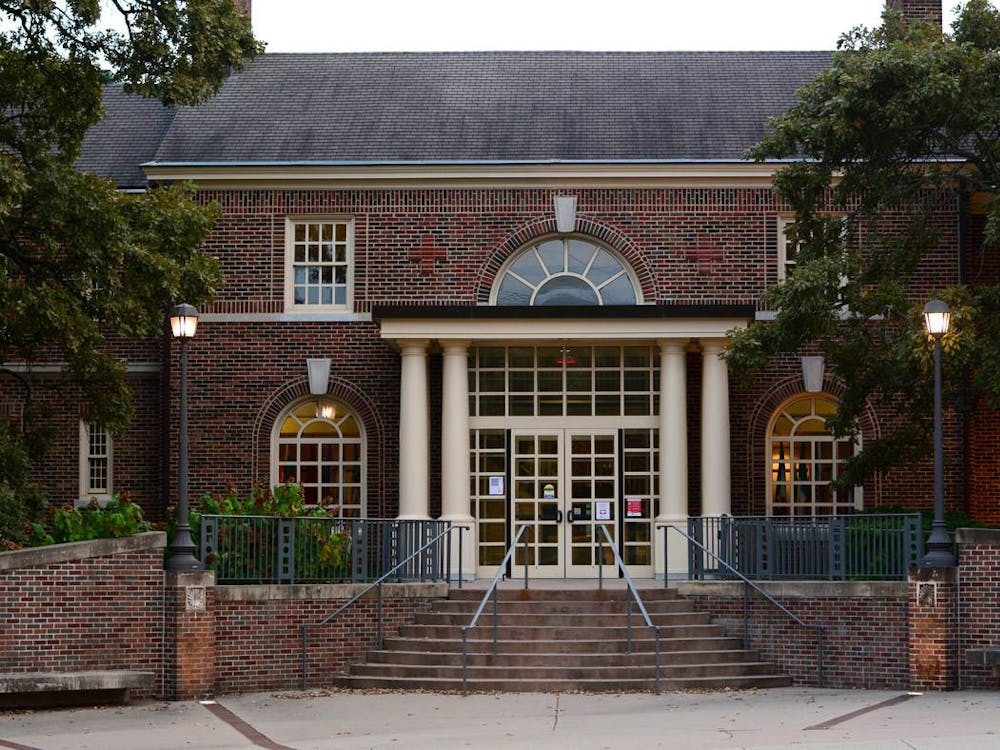Emily Tate, Managing Editor
Miami University was included in the 2016 edition of Princeton Review's "The Best 380 Colleges," released earlier this month.
For 24 consecutive years, Miami has been recognized among the top 15 percent of U.S. colleges and universities - since the Princeton Review first began publishing the book in 1992.
The book is intended to be a guide for prospective college students and their parents. Unlike many traditional college-ranking lists, the Princeton Review allows students - those currently enrolled at U.S. institutions of higher education - to be the college experts, said David Soto, a senior editor at the Princeton Review.
Over the last year, the Princeton Review surveyed 136,000 American college students, inquiring about, among other things, their school's academic rigor, quality of life and student population.
That information, paired with data from school administrators - tuition cost, admission requirements, average GPAs and test scores - is collected and analyzed to compare schools against each other, Soto said.
"Our goal is to help students find the right fit for them," Soto said. "There are certainly distinct differences between Miami and Ohio State."
So, he said, some students might love a large public school, while others may be more comfortable at a mid-sized or small liberal arts college. That's the kind of thing the Princeton Review hopes to reveal to students and families in its guide.
"'Does a school have the area of study I'm interested in?' 'Are its students finding jobs after they graduate?' 'What are their salaries like?' There's a lot of anxiety about getting into school and getting a job after," he said.
He said Princeton Review tries to show what life might be like during and after college.
Soto said Miami is considered a top school.
"We see positive marks for Miami Ohio," he said. "Students are generally happy."
Enjoy what you're reading?
Signup for our newsletter
Claire Wagner, communications director at Miami, said it's no coincidence Miami has made the Princeton Review's list for almost a quarter-century.
"Miami's leadership has always focused on student experience," Wagner said. "It starts with academics, high quality faculty, access to that faculty, and more and more in recent years, opportunities to do research and study abroad."
Miami is also recognized on the Princeton Review's list of 353 Green Colleges, and earned a green rating of 88 (on a scale from 60 to 99).
Soto said Miami's commitment to sustainable environmental policies and practices resonates with this generation of incoming college students.
According to the Princeton Review's 2015 College Hopes and Worries Survey, 61 percent of the 10,000 teenagers surveyed said sustainability in a college environment would impact their decision to apply to or attend a school.
Miami is on the right track, Wagner said.
In 2004, the state set a goal for Ohio universities to reduce their carbon footprints by 20 percent by fiscal year 2014. Miami not only met the goal, but exceeded it, with a 21.8 percent carbon reduction.
"A lot of what we are doing is building for a future that needs less power to run the university," Wagner said. "We are on a good trajectory for reducing our carbon footprint."




